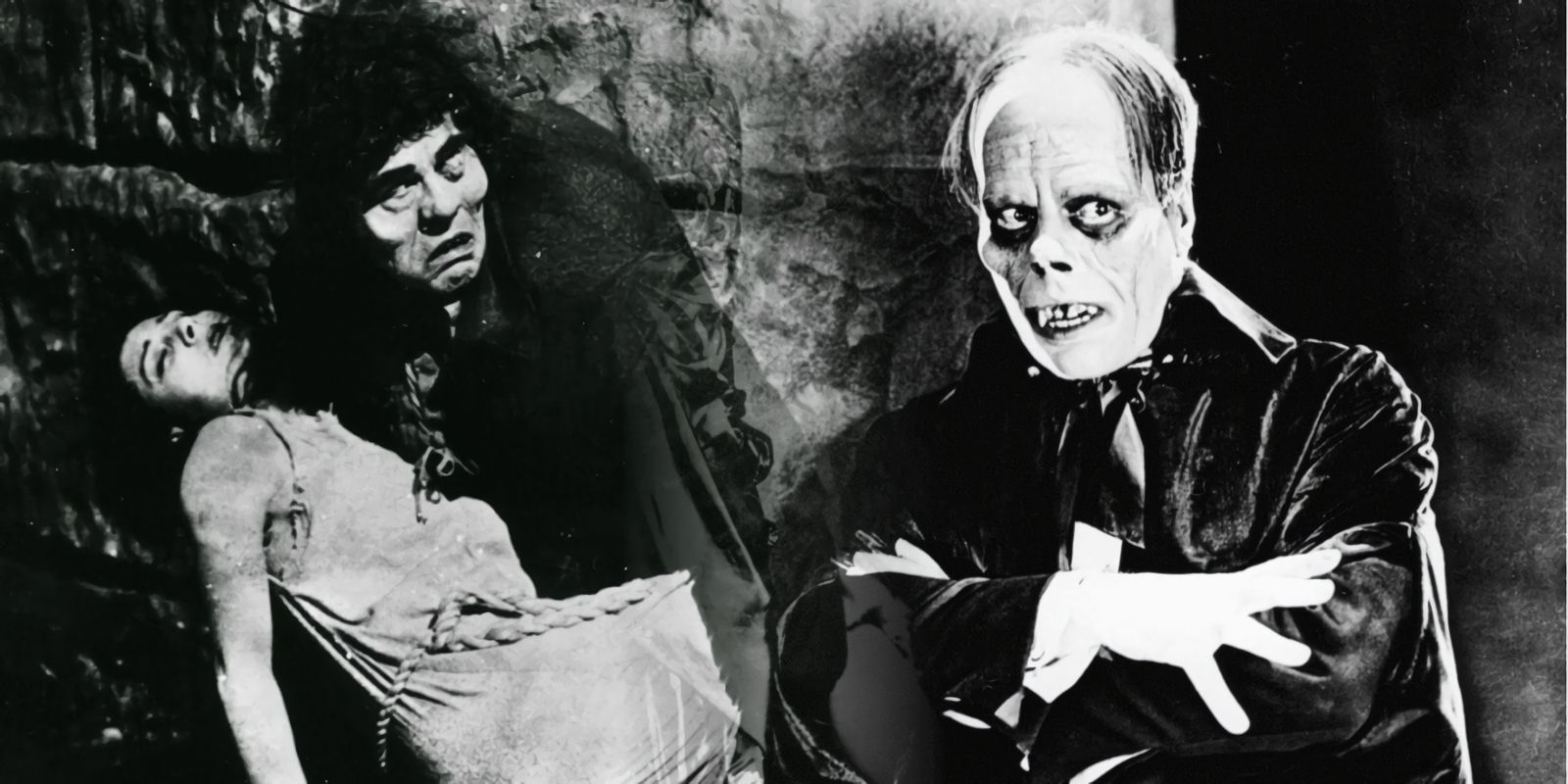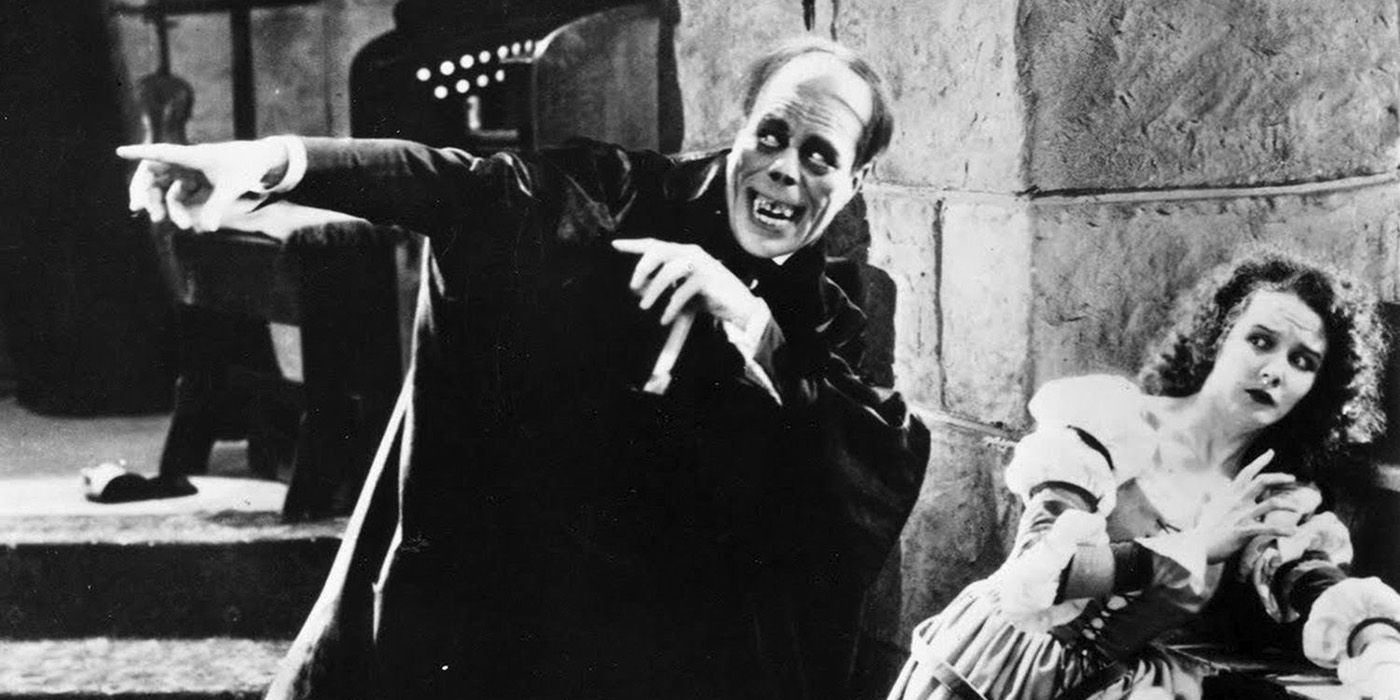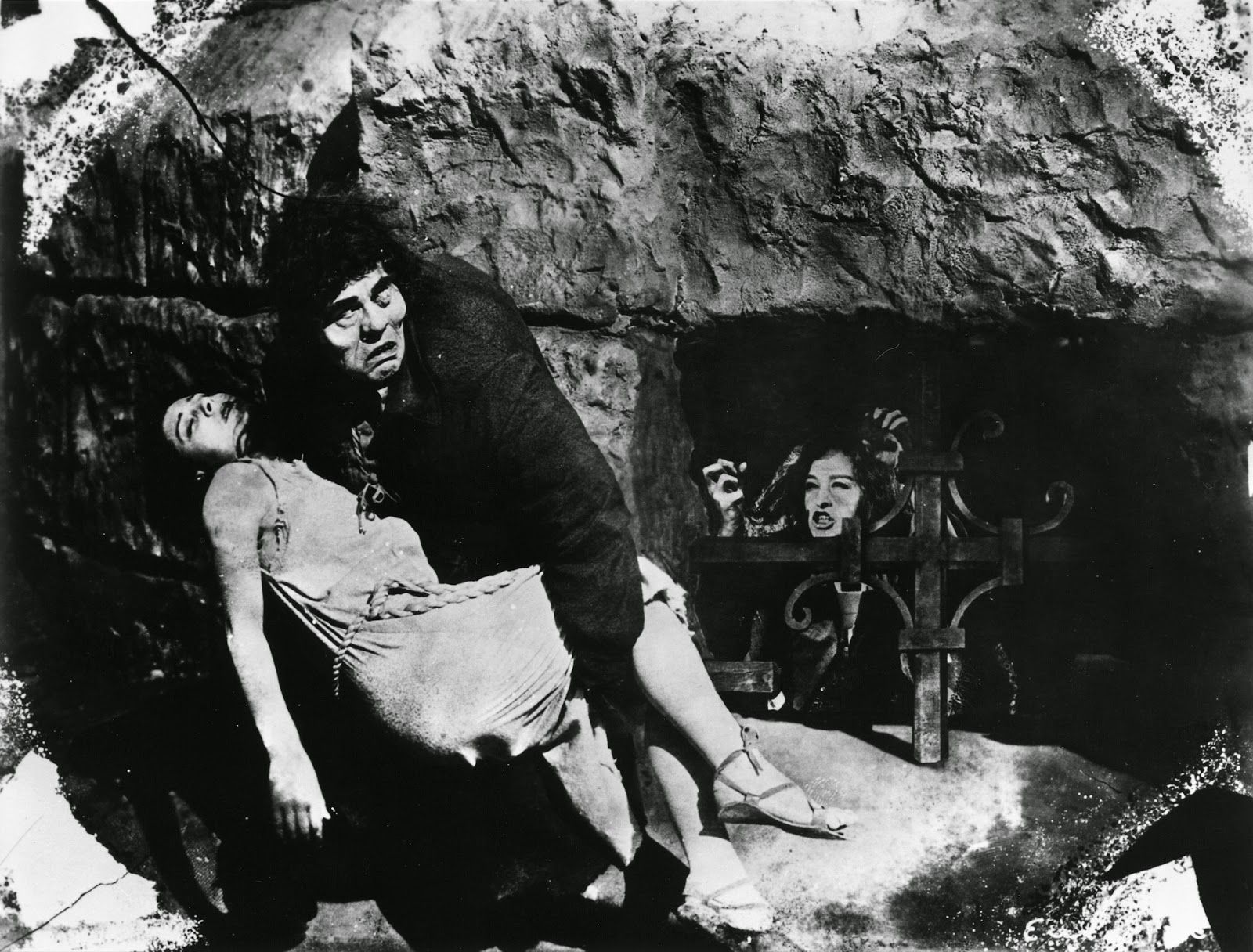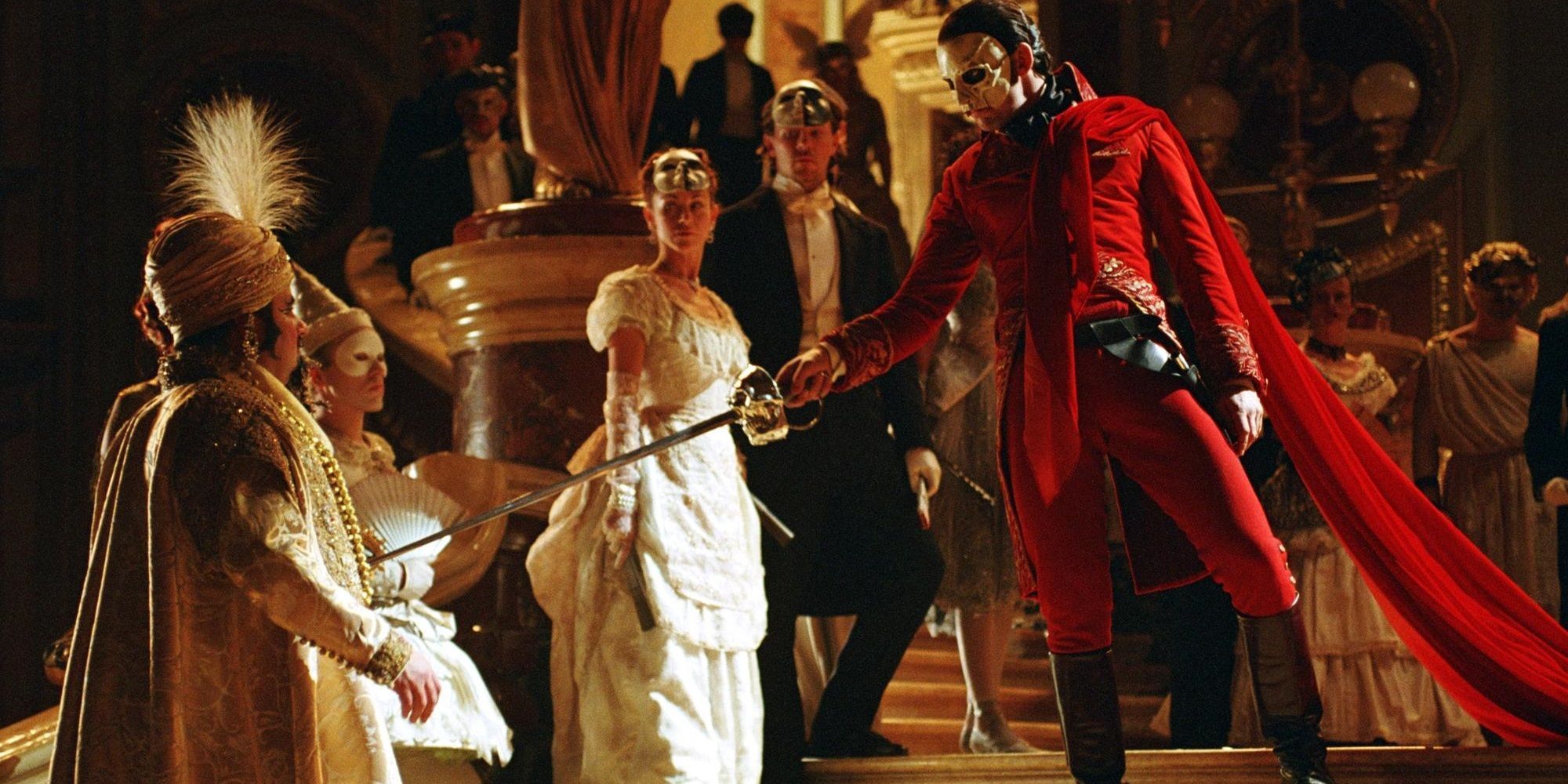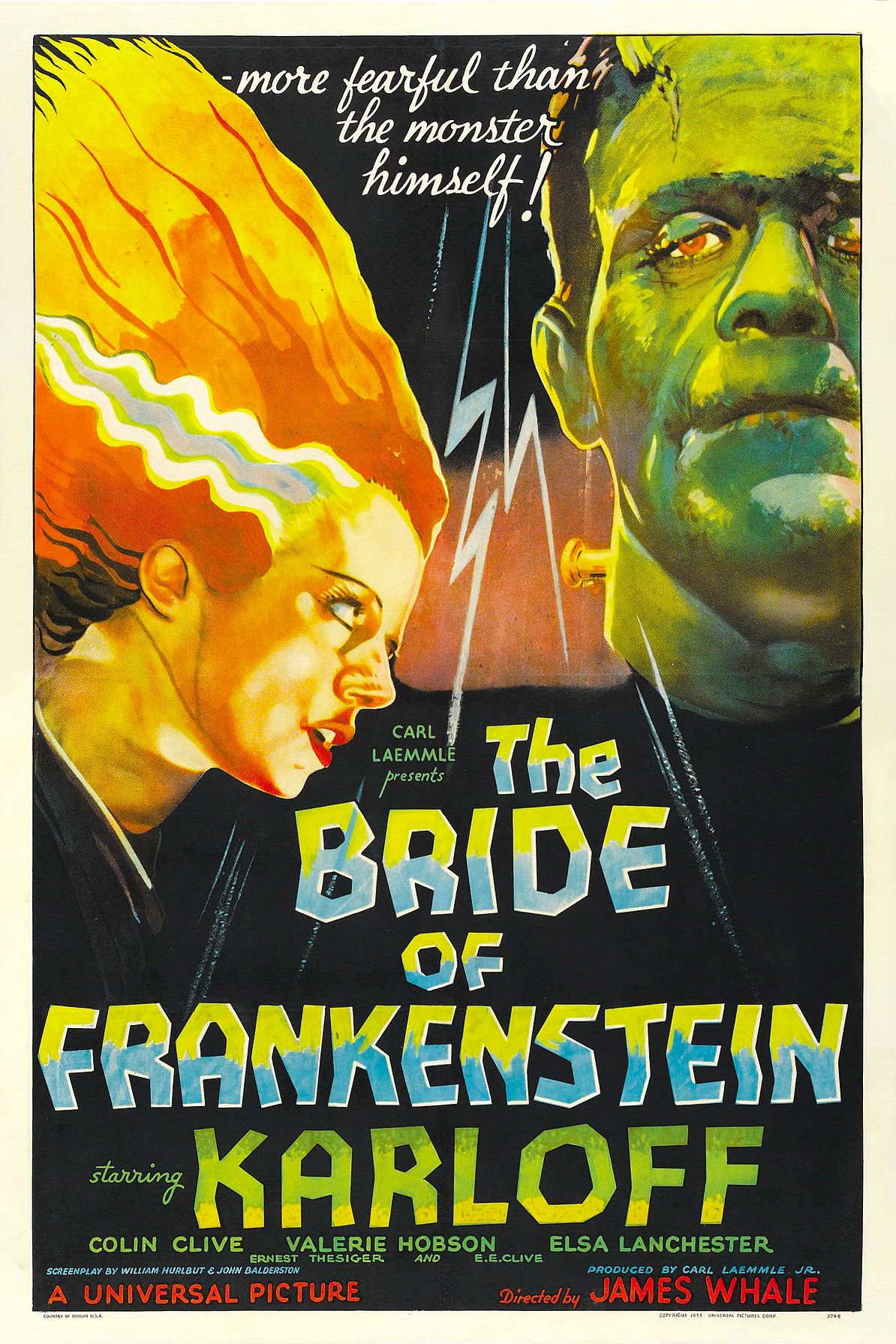Whatever you think of Universal’s planned foray into the expanded franchise game with the Dark Universe, you can’t deny their lofty ambitions. The studio has had the ground-breaking forefathers of horror cinema in their back-catalogue for decades and attempted multiple times to revive them for a new audience, but never with the scope of this planned expanded universe, which hopes to combine the blockbuster tent-pole mould with the icons of the Monster series.
So far, The Mummy, starring Tom Cruise, hasn’t set the domestic box office alight or inspired much enthusiasm amongst critics, but it’s been performing well overseas, which bodes well for future planned installments (next: Bill Condon directs Bride of Frankenstein, starring Oscar winner Javier Bardem). So far, director Alex Kurtzman (Star Trek: Discovery), who is one of the major architects of this franchise, has announced upcoming films featuring the Invisible Man (Johnny Depp) and Dr Jekyll and Mr Hyde (Russell Crowe), but has also revealed tentative plans to include other notable classic Universal horror characters:
“We know we’re going to do Frankenstein, Bride of Frankenstein, Dracula, Creature from the Black Lagoon, Phantom of the Opera, Hunchback of Notre Dame, Invisible Man.”
The Hunchback of Notre Dame and The Phantom of the Opera were Universal's first two productions that are categorized as part of their Monsters franchise, having been released in 1923 and 1925 respectively. Both starred Lon Chaney and stand as two of the most successful films of the silent era, ushering in a solid thirty years of horror cinema success for Universal that many studios eagerly attempted to replicate.
While Universal’s best known horror movies are more focused on the supernatural or creature stories, both The Hunchback of Notre Dame and The Phantom of the Opera are notable in how they remain rooted in realism, albeit at its most heightened and gothic. Both are based on famous French novels and were an excuse for the studio to produce lavish, big-budget period pieces that audiences flocked to in the pre-depression era. Both films are now in the public domain, and the stories have been repeatedly adapted by other studios and writers into a diverse array of fiction, so it makes sense that Universal would want to reclaim some of their most iconic intellectual properties and add them to the Dark Universe roster. But how would an action-oriented blockbuster franchise even approach such material?
Before production can begin, Kurtzman and Universal must decide whether Quasimodo and the Phantom are going to be heroes, villains, or something in-between. Quasimodo is almost exclusively a tragic protagonist, cruelly treated by the world and doomed to a sad fate, while the Phantom (or Erik, depending on the story) is a more flexible character. In the original Lon Chaney film, he is more villainous than the novel, where he’s sympathetically painted as a figure of terrible circumstances, while the 1980s mega-musical has him as a misunderstood romantic figure of Byronic proportions.
An important thing to note about both stories is that the central focus is one men who suffer from disfigurements, so presenting them as “monsters” in the traditional horror sense is intensely tricky territory. There’s a long history of scarring or physical deformities being cinematic shorthand for evil or dangerous, and the implications behind that have long-term damaging consequences.
Presenting such stories in a horror mold will always be difficult, but doing so in the Dark Universe’s intended narrative - from the little we know of it so far - would require a deft hand. Many adaptations of The Phantom of the Opera, for instance, have the character of the Phantom be injured or scarred during the story instead of being born with it. That presents a new motivation for the character which may fit Universal’s new direction (and it’s one they’ve already taken, as the original 1943 remake the studio produced, starring Claude Rains, had the character be burned by acid).
Next Page: [valnet-url-page page=2 paginated=0 text='An%20Uncomfortable%20Romance']
The supernatural powers of the mummy in the eponymous movie explicitly define the Dark Universe in a way that any in-world adaptation of Hunchback or Phantom would be unable to ignore. Adding a mystical element would be nothing new for either story - Disney's 1996 take on Hunchback features talking gargoyle statues, and the very odd 1989 horror take on Phantom, starring Robert Englund, features a Faustian pact with the devil and time travel – but would run the risk of detracting from the protagonists and their very human journeys (one of the failings of Cruise’s The Mummy is its dull as dishwater ensemble).
Both stories are, at their heart, intensely literary affairs, rooted in specific conventions of their time - from the pulp horror crime trappings of Phantom to the gothic romance of Hunchback. Romance remains at the heart of both, and that genre is not one that major blockbusters tend to be invested in. The central romance in The Mummy, between Cruise and Annabelle Wallis, falls spectacularly flat due to a generic narrative and lack of real chemistry between the two actors.
Both Hunchback and Phantom embrace the tragedy of the gothic romance, which is a trope of its time, but also one that would undoubtedly be a hard sell in this decade. While The Phantom of the Opera is a particular favorite for its romance, mostly based on the wildly successful musical from Andrew Lloyd Webber, it’s a dynamic of overwhelming obsession, abuse of power and stalking. Telling the story as it is, without romanticizing it, is possible, but it may not be the Dark Universe’s priority. The ideal way to approach both films would be to place those relationships at the centre of the story and develop them as much as possible, but doing so within a newly added action-adventure frame would pose a challenge for any writer.
For a series that intends to be as epic and action-focused as the Dark Universe, there’s no reason they can’t delve into the psychologies of these truly fascinating characters who remain staples of 19th and 20th century literature. Explore the turmoil of their lives and the darkness it leads to but be careful to not simply reduce them to two-dimensional villains, which would miss the point of both novels and subsequent adaptations at their best. And let them actually be the heroes of their own stories, unlike poor Sofia Boutella in The Mummy, who is forced to play second fiddle to Tom Cruise.
If at all possible, these may be the best stories for the Dark Universe to play with outside of their central narrative, as both are better suited to historical settings. The recent success of Warner Bros. and DC’s Wonder Woman showed the creative benefits of using a period setting to tell a familiar story that could still fit into a modern time-frame, and it’s a feat Universal would do well to replicate. There have been modern adaptations of the two stories – one of the best Phantom movies is Brian De Palma’s cult-favourite, Phantom of the Paradise, which transfers the story to 1970s America and the world of pop music – but to do old-school gothic horror justice, keeping the books in their respective eras would be best.
Both The Hunchback of Notre Dame and The Phantom of the Opera are historical fiction classics that have proven to be limitless sources of inspiration for stage, screen and music alike. Like their era counterparts Dracula and Frankenstein, their narratives are sturdy and can withstand a solid amount of retooling to fit evolving tastes and ideas. It’s easy to imagine Universal plucking two major stars from the ether and covering them in prosthetics to play the latest recruits to Dr Jekyll’s Prodigium, suited up for action and the ultimate fight against evil. There’s certainly a fun, somewhat campy appeal to that too. Yet to do so would be to deny the long-lasting appeal of both stories. These are novels about the struggle of men, and the ways the cruelty of society can turn them into so-called “monsters”. The Dark Universe could certainly add some extra spark to both Phantom and Hunchback, but there’s something to be said for going back to basics.

